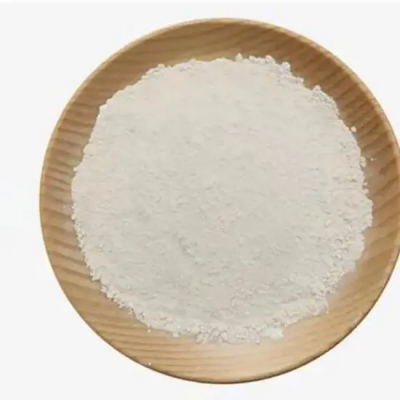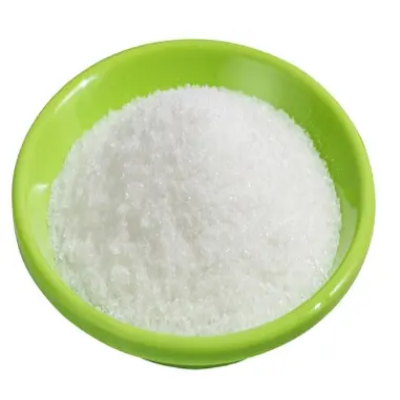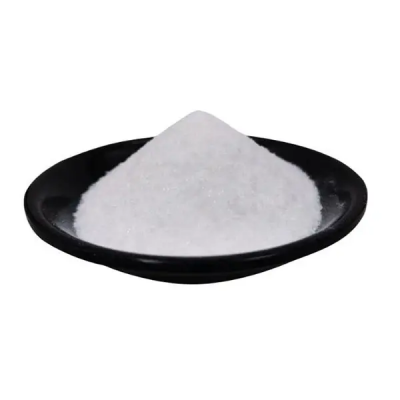Diallyl isophthalate CAS:1087-21-4
Diallyl isophthalate (DAIP) is a versatile compound that serves as an essential building block in polymer chemistry. With the molecular formula C₁₃H₁₄O₄, DAIP consists of two allyl groups esterified to isophthalic acid, resulting in a structure that combines reactivity with notable physical properties. This unique configuration allows DAIP to participate in various chemical reactions, particularly those involving polymerization. One of the primary applications of diallyl isophthalate is as a monomer in the synthesis of unsaturated polyester resins. These resins are widely used in a variety of industrial applications due to their excellent mechanical properties, resistance to chemicals, and thermal stability. When combined with styrene or other reactive diluents, DAIP forms robust networks upon curing, leading to materials that are suitable for use in coatings, adhesives, and composite materials. The resultant products find extensive application in the automotive industry, construction sector, and electronic devices, where durability and reliability are crucial. In addition to its role in resin production, diallyl isophthalate functions effectively as a cross-linking agent. By promoting the formation of cross-linked structures within polymer matrices, DAIP enhances the strength and heat resistance of the final materials. This characteristic is particularly beneficial in applications that demand high-performance composites, such as in aerospace and marine environments. However, despite its numerous advantages, the use of diallyl isophthalate raises some safety and environmental concerns. As a result of its chemical reactivity, DAIP can pose health risks if proper safety measures are not followed during handling and processing. Exposure to its vapors or skin contact may lead to irritation or allergic reactions in sensitive individuals. Consequently, regulatory bodies advocate for strict guidelines regarding its usage in commercial products, especially those intended for consumer markets. Moreover, there is increasing interest in exploring sustainable alternatives to conventional materials, including those involving diallyl isophthalate. Researchers are investigating bio-based feedstocks and green chemistry practices to reduce the environmental footprint associated with the production and use of DAIP-derived materials. In summary, diallyl isophthalate is an important compound in the field of polymer chemistry, offering significant benefits in the manufacture of unsaturated polyester resins and cross-linked materials. Its unique properties make it valuable across a range of industries, from automotive to construction. However, awareness of safety and environmental considerations associated with its use is essential for ensuring responsible manufacturing practices and protecting human health. Ongoing research into alternative materials and methods will further facilitate the development of safer and more sustainable applications for diallyl isophthalate in the future.



| Composition | C14H14O4 |
| Assay | 99% |
| Appearance | white powder |
| CAS No. | 1087-21-4 |
| Packing | Small and bulk |
| Shelf Life | 2 years |
| Storage | Store in cool and dry area |
| Certification | ISO. |







![1,3-bis[3-(dimethylamino)propyl]urea CAS:52338-87-1](https://cdn.globalso.com/xindaobiotech/6FOL1BS0UMD0X9Z402187.png)

